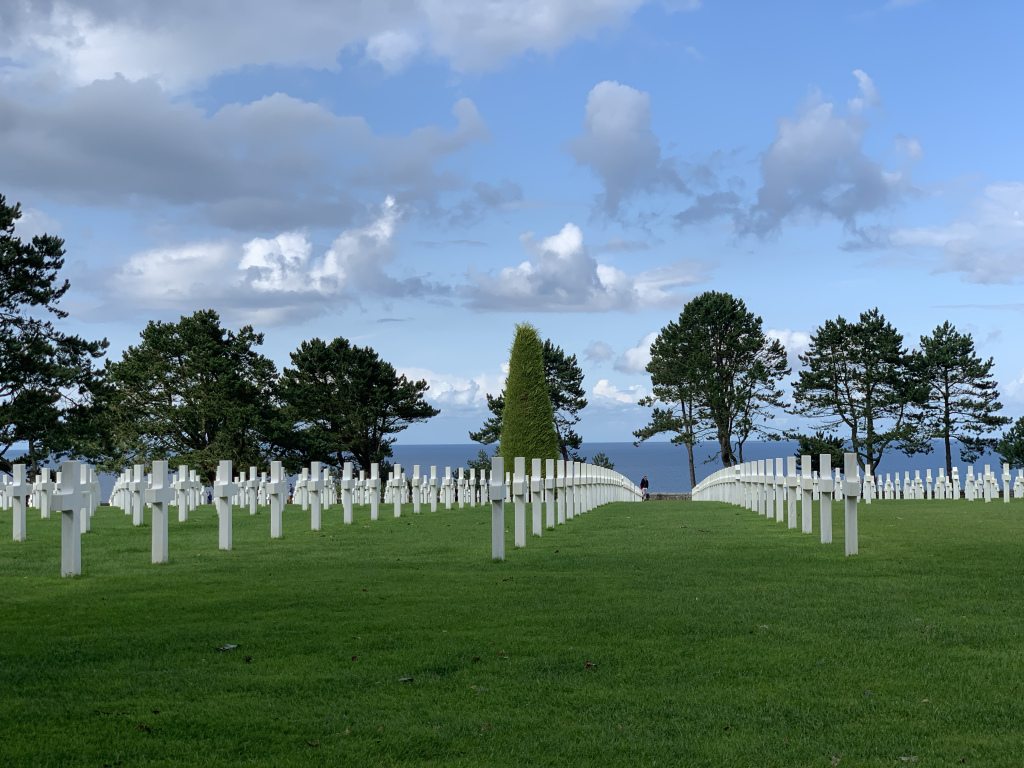
This month my book baby, Teaching HAMLET as My Father Died, finally entered the world. Let me tell you, that baby was stuck in the birth canal for a really long time. So what now? Take care of the baby? Starting thinking about having another? Maybe I should try figuring out why I wrote it in the first place.
I’ve been writing most of my life, but I didn’t think the first book I published would be about Shakespeare and Death.
Why I Wrote It
It’s a pretty common trait in teachers that we are constantly learning, and we have an irresistible urge to share what we’ve learned. We enthusiastically think that our audience–students, friends, anyone who will listen, or can’t escape–will be as enthralled by this new information or interpretation as we are.
During the spring of 2014 I learned there was a lot I didn’t know about HAMLET, Shakespeare’s genius, the parent child relationship, Death, and Grief. I learned that Death is the ultimate teacher. That Death has in it everything you need to know about life. And Grief will teach you about yourself.
What the book means to me
Four years is a long time. Honestly, I thought it would take one. Maybe two. The thing that kept me coming back to the manuscript, revision after revision, reliving my father’s death over and over, was that I wanted to share this story. I saw it as a way of giving back something permanent to the school, my students, my mentors, my dad, and Shakespeare. I felt so lucky. Lucky to have an amazing dad, amazing school, amazing students, and the gift of a teacherly lifetime: the chance to teach Shakespeare.
Someone told me that when a person loses their first parent, they start to ponder their own mortality, often for the first time. There’s a particular brand of grief that comes to the childless when they lose a parent. It feels like there is nothing beneath me. Just emptiness. The end of the line. I thought about how much pain I was feeling and wondered, who will grieve me? No one will ever mourn me the way a child mourns a parent. And I guess that’s okay in the sense that I’m not looking to inflict extra pain on anyone. The nagging “what comes after me” sensation was maddening since I had never subscribed to the idea that children are what give life meaning. And yet. And yet. I do have this sense I want to leave something behind.
I’ve been told I won the parent jackpot, and if that’s the case (which I’ve come to realize increasingly over time that it is), never giving my parents grandchildren seems a terrible way to thank them for all the love they gave me. How ungrateful. After all I put them through, my mom and dad deserved the simple pleasures of grandparenthood. No one would have relished it more. There’s a part of me that feels this book is a bit of an offering. A way of saying, I promise it’s nothing you did wrong, it just kind of happened that way.
Finding Meaning
Why? Why do people we love have to die? Such a cruel design, really, though the alternative is completely impractical. Nevermind religion–maybe making meaning is the real opiate of the masses. If we can make some sense of the pain and suffering in the world, perhaps we can make peace with it.
I remember at a certain point during that spring I felt like HAMLET was my religion. Shakespeare’s lines were where I went to understand and be understood.
My book is organized in five acts reflecting the structure of the play. But somewhere along the line of ten or more revisions, my editor pointed out that I might want to look at Kubler-Ross’s Five Stages of Grief. Did my progress through teaching the play that year mimic the well-known stages of Denial, Anger, Bargaining, Depression, and Acceptance? Maybe it did, without me even having tried.
Then last fall, as part of my ongoing grief research, I heard about David Kessler’s new book, Finding Meaning: The Sixth Stage of Grief. Ha! Maybe that’s why I wrote this book: to find meaning in my father’s death. To accept that Nature’s “common theme is death of fathers.” And like Hamlet asks Horatio to do at the end, to tell his story.
I’m still not sure if the compulsion to write about my father’s death was a distraction from the grief or a way of processing it. Some lines from David Kessler’s wonderful book really resonated.
“Your pain is….part of the love you feel.”
“If I want a life with no loss, I also get a life with no love.”
“…finding meaning will help them deal with the pain, and that meaning is everywhere.”
“After loss, do you have any control over anything, much less your mind? Can you do anything to shape the meaning you attach to what has happened? The answer is yes, you do have control. Your thoughts create meaning. Meaning guides the story in your mind, the story you tell yourself as well as the story you tell others. I’m healing versus I’m stuck. I will never live again versus I will live a life that honors my loved one.”
I think that sums it up. I wrote a book that honors my father, and that does make me feel a little bit better.
#grief #writinggrief #findingmeaning #davidkessler #teachinghamletasmyfatherdied #hamlet